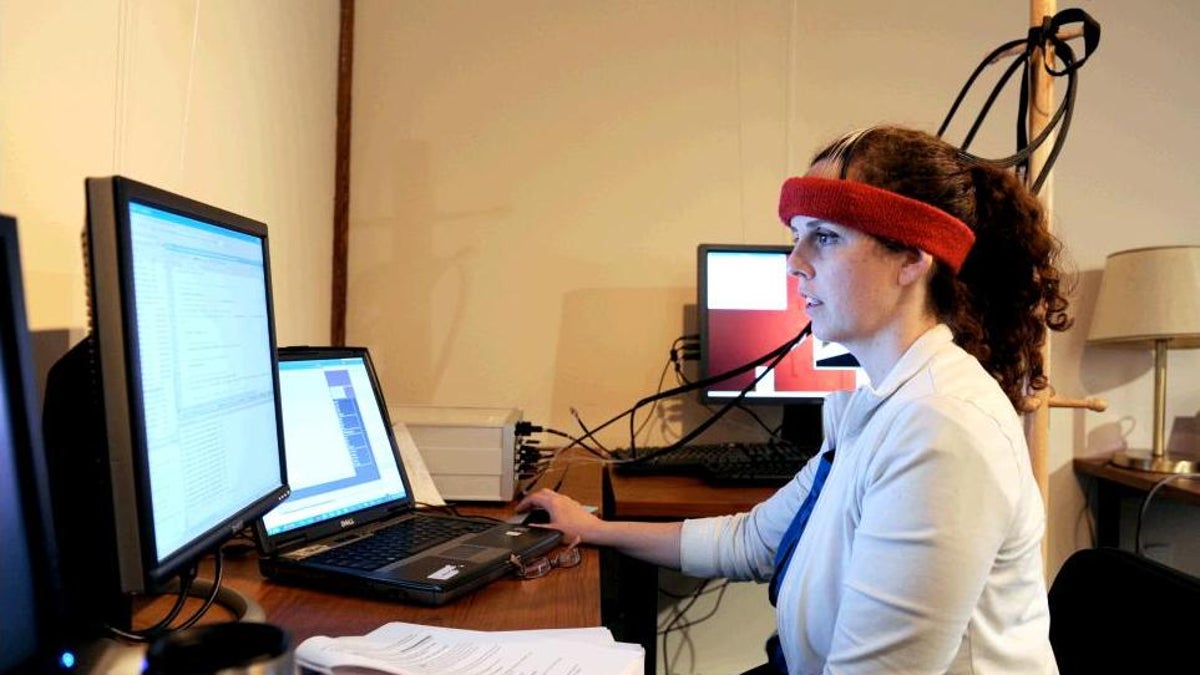Multitasking too much? Brain sensor could lighten the load
It doesn't quite read your mind, but the experimental Brainput device tracks brain activity to recognize when users are multitasking to offload work.

Researchers are tapping into the brain's signals to ease the downsides of multitasking and information overload, a worsening problem in digital lifestyles.
A group of researchers at MIT, Indiana University, and Tufts University last week presented the Brainput computer interface device at last week's Conference on Human Factors in Computing Systems (CHI 2012) which explores new human-machine interface designs.
Brainput seeks to address the problem of people getting overloaded when working on machines and to improve people's ability to multitask. It's geared primarily at complex control systems, but its makers say the technique could eventually spill over into more mainstream uses.
A prototype device uses functional near-infrared spectroscopy (fNIRS) to sense changes in brain patterns that indicate a person is multitasking.
In its experiments, researchers gave people the task of navigating two robots through a maze at the same time, alternating between the two. When the brain sensor recognized the patterns of multitasking, the system provided instructions to the robot systems to operate more autonomously by using its own sensors to move. The test found people's performance improved significantly with the help of Brainput as it lightened their load.
The advantage of tracking brain activity is it doesn't require the user to change behavior (apart from wearing a brain sensor around the forehead). It's also more accurate than trying to judge multitasking activity based on keystrokes or other physical actions, according to the paper.
The lead author of the paper, Erin Treacy Solovy, works in the Humans and Automation Lab at MIT, which studies human interactions with complex machines such as unmanned aerial vehicles. The multitasking brain sensor could also be used in other areas, such as complex data analytics, air traffic control, and managing multiple unmanned vehicles.
Tracking users' mental state could useful simply to help humans keep up with the increasingly sophisticated systems we design. Computing systems continue to get more powerful but, as the paper notes, "our cognitive abilities haven't improved significantly."

